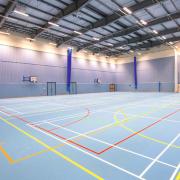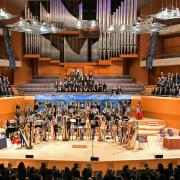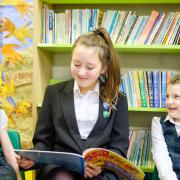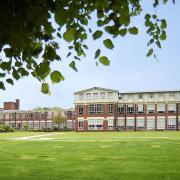Weighing up the pros and cons between a private or state school
Choosing a school for your child is an exciting but often overwhelming task. Among worries about location, size and exam results, there’s a school’s culture and the extra-curricular activities on offer to consider too. But what about choosing between a private or state school?
For those seeking to educate their children privately, it’s becoming increasingly expensive: school fees have trebled in real terms since 1980, with their cost as a proportion of household budgets rising remarkably. A day school costs on average £13,000 a year, while a boarding school will be more than £30,000. But as a result of these fees independent schools have the advantage of investing profits back into improving their often already impressive facilities.
A 2016 study by Durham University found that independent school pupils receive a boost equivalent to two years of extra schooling over state school pupils by the age of 16. Pupils also received higher average scores in all subjects at GCSE level. Similarly, research by the Sutton Trust educational charity found that although just 7% of the school population attends independent fee-paying schools, 71% of top military officers were educated privately, along with 74% of top judges and 61% of top doctors.
Some critics attribute the academic success of private schools to the advantages of wealth, as well as the sometimes academically-selective admissions processes. ‘One of the most common reservations people have about private schools is that they won’t ‘fit in’,’ says Beth Noakes, editor of The Good Schools Guide. ‘They think that everyone else at the school will be “posh” and that their children will only mix with wealthy families. Of course, this is far from the truth. These days, thanks to scholarships and bursaries, private schools admit many children from all kinds of backgrounds.’
Almost 170,000 children (one in three) are currently receiving help with their fees, according to Julie Robinson, general secretary of the Independent Schools Council (ISC), with both the amount available and the number of children benefitting rising. Julie also points out that whilst exam results are high, ‘the development of soft skills is greatly encouraged at independent schools, with pupils learning to be self-disciplined, ambitious, curious and self-confident’.
Opportunities outside the classroom are an attractive aspect of a private education and pupils are able to experience diverse activities that might not otherwise be available to them. But private schools don’t have to follow the national curriculum and critics argue that because they are not obliged to employ qualified teachers, standards can vary.
‘Not all private schools are Eton College, just like not all state schools are Grange Hill,’ says Beth. ‘If you have a good local state school, why pay? A private school is more likely to have better sporting and arts facilities, and more often than not smaller class sizes, but none of these things are a certainty. It would be a mistake for a parent to think that paying for their child to attend private school is a guaranteed route to school success.’
School days, after all, are supposed to be the best of your life – and the most important consideration is finding a school where your child will be happiest.



























